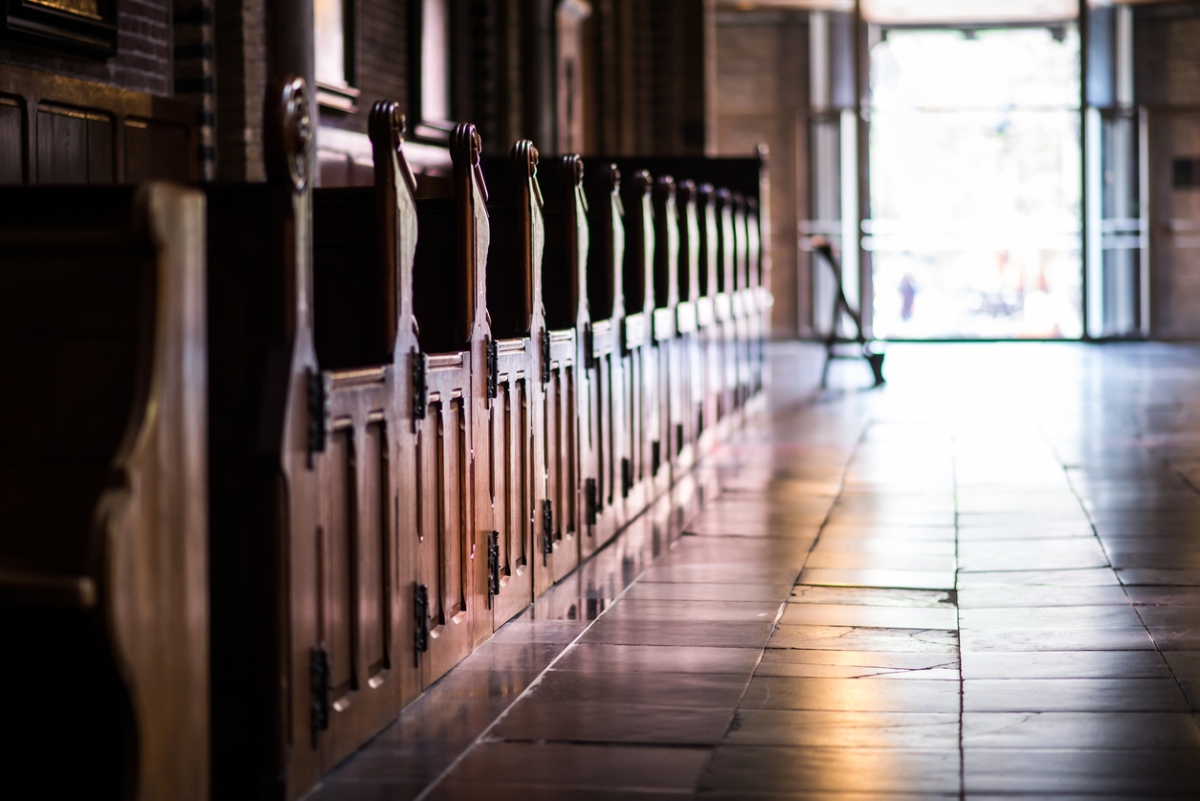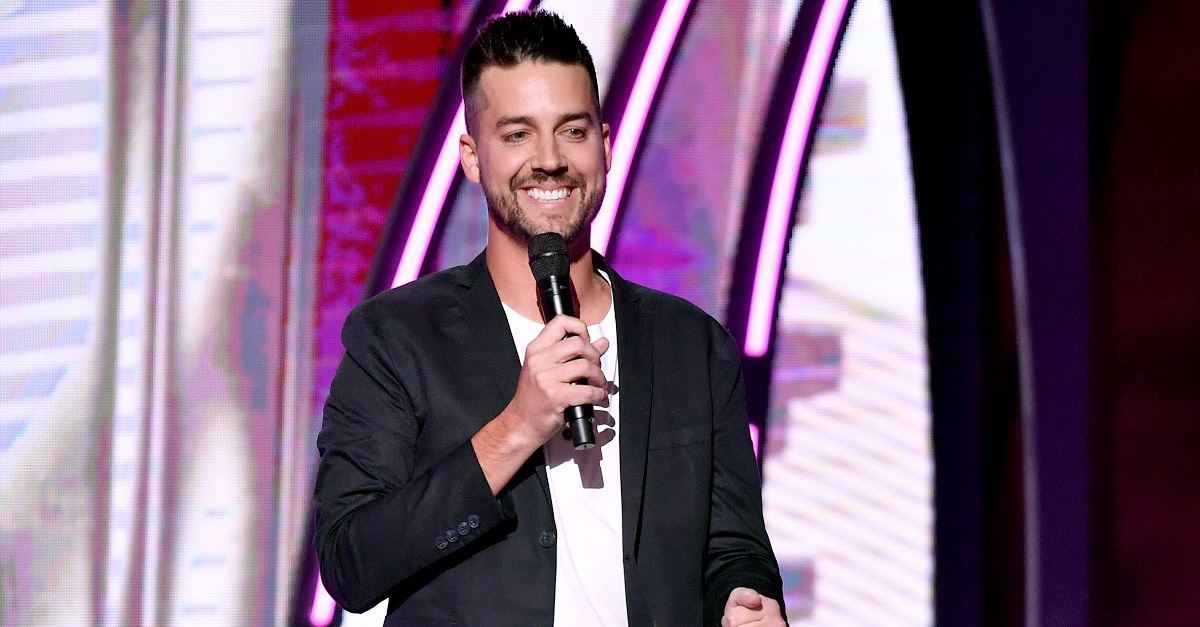Basically, a religious exemption is a sincerely held belief, rooted in religion, that opposes vaccinations, and sometimes also other forms of medical intervention. There are very few religions that oppose medical treatment. Therefore, if that exemption is claimed, some states may require those claiming that exemption to sign a form allowing a person to opt-out, according to WebMD.
Each state is a bit different regarding the formalities of claiming a religious exemption (or any other exemption such as medical or personal/philosophical), but the Civil Rights Act of 1964 is applicable in this instance because it states that employees can’t be discriminated against based on race, sex, ethnicity, national origin or religion, according to IncentFit.
It’s also important to note that there have been court cases in which people whose religious group doesn’t necessarily oppose vaccines or medical treatment were still able to qualify for religious exemption. The reasoning used in those court cases is that the Constitution’s Equal Protection clause should protect all people, not just those who claim to belong to a certain religion that happens to have recognized objections, according to History of Vaccinations.
There was a series of Supreme Court decisions that were made during Covid-19 that made it more difficult for the government to interfere with people citing religious reasons for refusing immunizations and other medical treatments, according to The Network for Public Health.

 By Christian Headlines | Created at 2025-03-28 17:14:22 | Updated at 2025-04-05 10:05:55
1 week ago
By Christian Headlines | Created at 2025-03-28 17:14:22 | Updated at 2025-04-05 10:05:55
1 week ago








